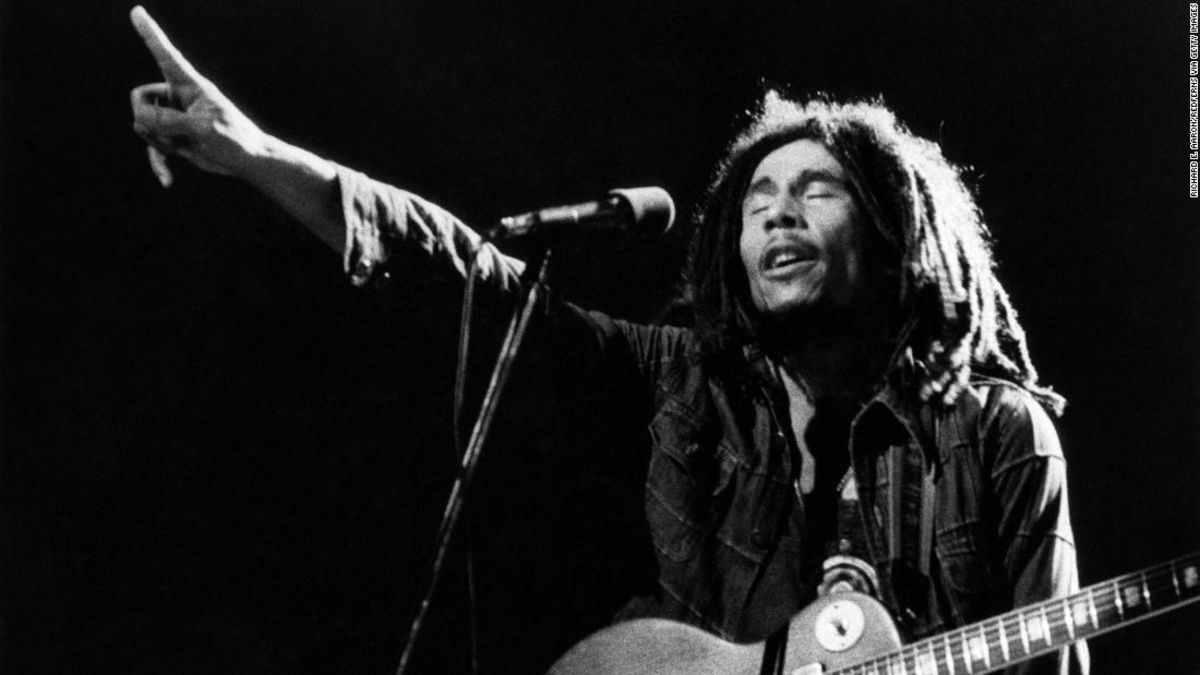
(CNN) — Reggae music nowadays seems as ubiquitous to the beaches of Southeast Asia and dorm rooms of Boston as it does to its Jamaican homeland.
Now the genre that evolved in the 1960s has been added to the list of global cultural treasures by UNESCO, the United Nation's cultural and scientific agency.
The sound, which reached international acclaim thanks to artists like Toots and the Maytals and Bob Marley, is attributed for giving voice to the oppressed in Jamaica.
Reggae music's "functions as a vehicle of social commentary, as a cathartic experience, and means of praising God remain unchanged, and the music continues to provide a voice for all," UNESCO said.
"Students are taught how to play it from an early age, and festivals and concerts are central to ensuring its viability," it added.
The announcement came at UNESCO's meeting in Mauritius, where 40 proposals were under consideration -- including Jamaica's inclusion of reggae, AFP reports.
Around the the 1960s, Reggae became popular in Britain and the United States -- countries where many Jamaican immigrants had moved to after World War II.
Its bass heavy and drum sound has inspired the dancehall and dub genre; as well as influence a number of artists. Reggae artist Sister Nancy's "Bam Bam" has been heavily sampled by the likes of Lauryn Hill and Kanye West.
Reggae is also associated with the religion Rastafarianism. Reggae music often celebrates Jah, which means god, ganga (marijuana) and Ras Tafari -- the former Ethiopian Emperor Haile Selassie who is deified in the religion.
Five other traditions were also added to the cultural heritage list, including Chidaoba (wrestling) from Georgia and the Irish sport of hurling, the body said in a press release.
Their inclusion to the largely symbolic heritage list is believed to help raise the profile of the country and practice.
from CNN.com - RSS Channel kalo berita gak lengkap buka link disamping https://ift.tt/2AB095e
No comments:
Post a Comment